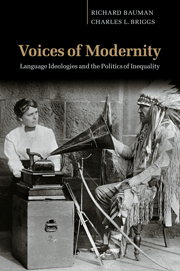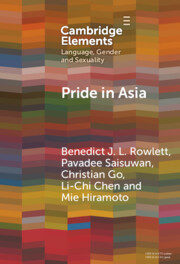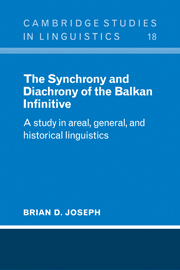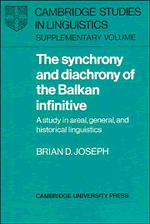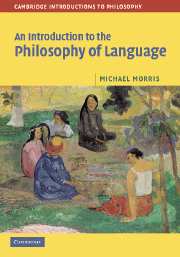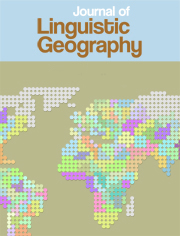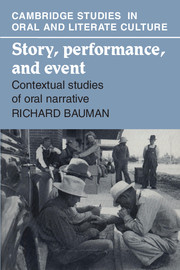Voices of Modernity
Language and tradition have long been relegated to the sidelines as scholars have considered the role of politics, science, technology and economics in the making of the modern world. This reading of over two centuries of philosophy, political theory, anthropology, folklore and history argues that new ways of imagining language and representing supposedly premodern people - the poor, labourers, country folk, non-europeans and women - made political and scientific revolutions possible. The connections between language ideologies, privileged linguistic codes, and political concepts and practices shape the diverse ways we perceive ourselves and others. This 2003 book demonstrates that contemporary efforts to make schemes of social inequality based on race, gender, class and nationality seem compelling and legitimate, rely on deeply-rooted ideas about language and tradition. Showing how critics of modernity unwittingly reproduce these foundational fictions, it suggests strategies for challenging the undemocratic influence of these voices of modernity.
- Looks at how language ideologies and practices are intertwined with the construction of social and political spheres in the making of 'modernity'
- Looks at several centuries, countries and languages and draws on a wide range of academic disciplines
- Addresses anthropologists, sociolinguists, literary studies specialists, intellectual historians, philosophers of language, and literary critics
Awards
Winner of the Sapir Book Prize awarded by the Society for Linguistic Anthropology who cited the authors' success in 'investigating the role of ideologies of language in the shaping of modernity'. In doing so, 'the book brings linguistic anthropology to the forefront of contemporary debates in the hu
Reviews & endorsements
'Their scope is enormous and I can think of no one who has covered the terrain that they have in such breadth and depth … one of the best accounts of language ideology I have encountered.' Journal of the Royal Anthropological Institute
'… of interest to all scholars …' Pragmatics
'Bauman and Briggs have written the most fundamental, significant work ever for linguistic anthropologists and probably for all anthropologists with the slightest concern with reflexivity and practice.' Journal of Linguistic Anthropology
Product details
No date availablePaperback
9780521008976
376 pages
229 × 153 × 24 mm
0.611kg
Table of Contents
- 1. Introduction
- 2. Making language safe for science and society: from Francis Bacon to John Lock
- 3. Antiquaries and philologists: the construction of modernity and its others in seventeenth- and eighteenth-century England
- 4. The critical foundations of national epic: Hugh Blair, the Ossian controversy, and the rhetoric of authenticity
- 5. Johann Gottfried Herder: language reform, das Volk, and the patriarchal state in eighteenth-century Germany
- 6. The Brothers Grimm: scientizing, textual production in the service of romantic nationalism
- 7. Henry Rowe school craft and the making of an American textual tradition
- 8. The foundation of all future researches: Franz Boas, George Hunt, Native American texts and the construction of modernity
- 9. Conclusion.

